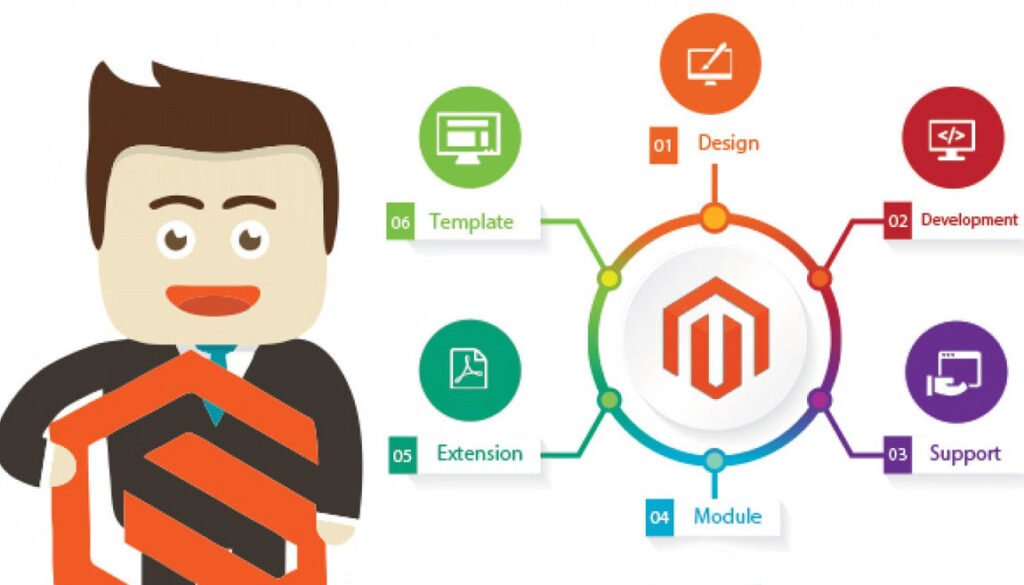5 Ways IWMS Can Help Enhance Your Business Operations

IWMS stands for Integrated Workplace Management System. It is a software solution that combines various tools and functions to manage and optimize the operations of a physical workplace, such as facilities management, real estate management, and space management. IWMS systems often include modules for tasks such as maintenance management, lease administration, energy management, and move management. They can be used to improve the efficiency and cost-effectiveness of a company’s real estate portfolio and support strategic decision-making related to space utilization and facility expansion or consolidation.
Contents
Benefits Of Implementing IWMS For Your Business
1. Increased Efficiency
An IWMS can streamline various business operations such as facility management, real estate management, and maintenance management. By centralizing these processes and automating routine tasks, an IWMS can increase efficiency and save time. For example, an IWMS can automatically schedule maintenance tasks and send reminders to the appropriate staff members, eliminating the need for manual scheduling and ensuring that tasks are completed on time. Additionally, an IWMS can provide real-time data on the status of various tasks, allowing managers to quickly identify and address any issues that may arise.
2. Improved Communication
An IWMS can also improve communication between different departments and staff members. With all of the relevant information stored in a centralized location, staff members can easily access and share data, eliminating the need for multiple copies of the same information. Additionally, an IWMS can provide a centralized platform for communication, allowing staff members to easily communicate with one another and share information, which can improve collaboration and decision-making.
3. Better Space Utilization
An IWMS can also provide valuable insights into the utilization of your business’s space. With real-time data on the occupancy of various areas, an IWMS can help managers identify underutilized spaces and make informed decisions about space optimization. For example, an IWMS can track the occupancy of conference rooms and identify those that are rarely used, allowing managers to consider reallocating that space to other areas of the business.
4. Enhanced Security
An IWMS can also improve the security of your business’s operations. With real-time data on the occupancy of various areas, an IWMS can help managers identify potential security risks and take proactive measures to address them. Additionally, an IWMS can provide a centralized platform for security management, allowing staff members to quickly and easily report potential security issues and enabling managers to respond quickly and effectively.
5. Better Reporting and Analytics
An IWMS can also provide valuable insights into your business operations through reporting and analytics. With real-time data on various aspects of your business, an IWMS can generate detailed reports that can help managers identify areas of improvement and make informed decisions. Additionally, an IWMS can provide advanced analytics capabilities, such as trend analysis and forecasting, that can help managers better understand their business operations and make more informed decisions.
Which Industries Can Implement And Benefit From IWMS?
IWMS systems can be beneficial for a wide range of industries and organizations, including:
- Corporate Real Estate: IWMS can help organizations to manage their real estate portfolio and make strategic decisions about space utilization and facility expansion or consolidation.
- Healthcare: Hospitals and other healthcare facilities can use IWMS to manage the maintenance and operation of their buildings and equipment, track compliance with regulations, and plan for future expansion.
- Education: Universities and schools can use IWMS to manage the maintenance and operation of their buildings, plan for space utilization and future expansion, and track compliance with regulations.
- Government: Government agencies can use IWMS to manage the maintenance and operation of their buildings, plan for space utilization, and track compliance with regulations.
- Retail and Hospitality: Retail and hospitality organizations can use IWMS to manage the maintenance and operation of their stores and hotels, plan for space utilization, and track compliance with regulations.
- Manufacturing: Manufacturing companies can use IWMS to manage the maintenance and operation of their facilities, plan for space utilization and future expansion, and track compliance with regulations.
- Non-Profit: Non-profit organizations can use IWMS to manage the maintenance and operation of their facilities, plan for space utilization and future expansion, and track compliance with regulations.
- Any organization with physical assets and facilities can benefit from IWMS.
Overall, IWMS can help organizations to optimize the use of their physical assets and facilities, improve efficiency, and reduce costs.
In conclusion, IWMS is a powerful tool that can help businesses of all sizes improve their operations and increase efficiency. By streamlining various business functions, improving communication, and providing valuable insights into your business operations, an IWMS can save time and money, while also improving the overall performance of your business. If your business is looking to improve its operations and increase efficiency, an IWMS Software and Solution may be the perfect option.









